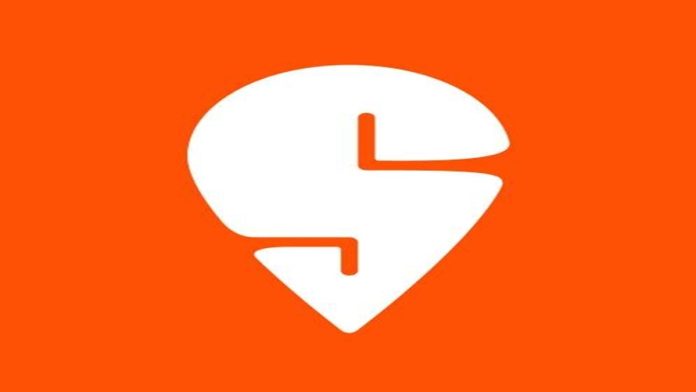Following a tepid start, food-tech unicorn Swiggy’s Rs 11,327-crore initial public offer got fully subscribed on the final day of the share sale on Friday and ended with 3.59 times subscription, largely thanks to qualified institutional buyers (QIBs).
It received bids for 575.3 million equity shares against 160 million shares on offer, according to NSE data.
Among the four segments of investors, the QIB portion saw the highest subscription at 6.02 times, receiving bids for 523 million shares, against 86.9 million shares reserved for this portion. At the upper end of the price band, the QIB portion received bids worth Rs 20,400 crore.
Also Read ABB India shares drop over 5% on cautious outlook for new order wins in FY25 NSE reports 57 per cent jump in September quarter profit to Rs 3,137 crore Sun Pharma shares slip over 3% after US court’s ruling on LEQSELVI launch Public investors turn angels for startups
Also ReadSagility India allotment on November 08; Here’s a step-by-step guide to check status
Of the 523 million share bids received for the QIB portion, foreign institutional investors bid for 288.8 million shares, while domestic institutional investors and mutual funds together bid for 203.5 million shares. Apart from this, the retail portion was subscribed 1.14 times, the portion for non-institutional investors was subscribed 41% and the employee portion was subscribed 1.65 times.
After Hyundai Motor India’s Rs 27,870 crore IPO saw a lukewarm response and fell 7% on debut recently, investors seem to be cautious about large-scale IPOs. Further, tepid corporate earnings seem to have weighed on market sentiments.
Most analysts are of the opinion that Swiggy’s IPO is overly priced with the price band of Rs 371-390 per share, particularly compared to its closest rival Zomato, which is currently trading around Rs 250 apiece and is profitable, unlike Swiggy.
However, Zomato’s issue size was smaller at Rs 9,375 crore, compared to Swiggy’s Rs 11,327 crore.
“We suggested people not apply for the IPO because it was decently expensive and there was not much left on the table. Typically, as an IPO investor, I’d expect about 20-25% discount to their valuation, especially for large issues like this,” said Ambareesh Baliga, an independent market analyst.
» Read More


